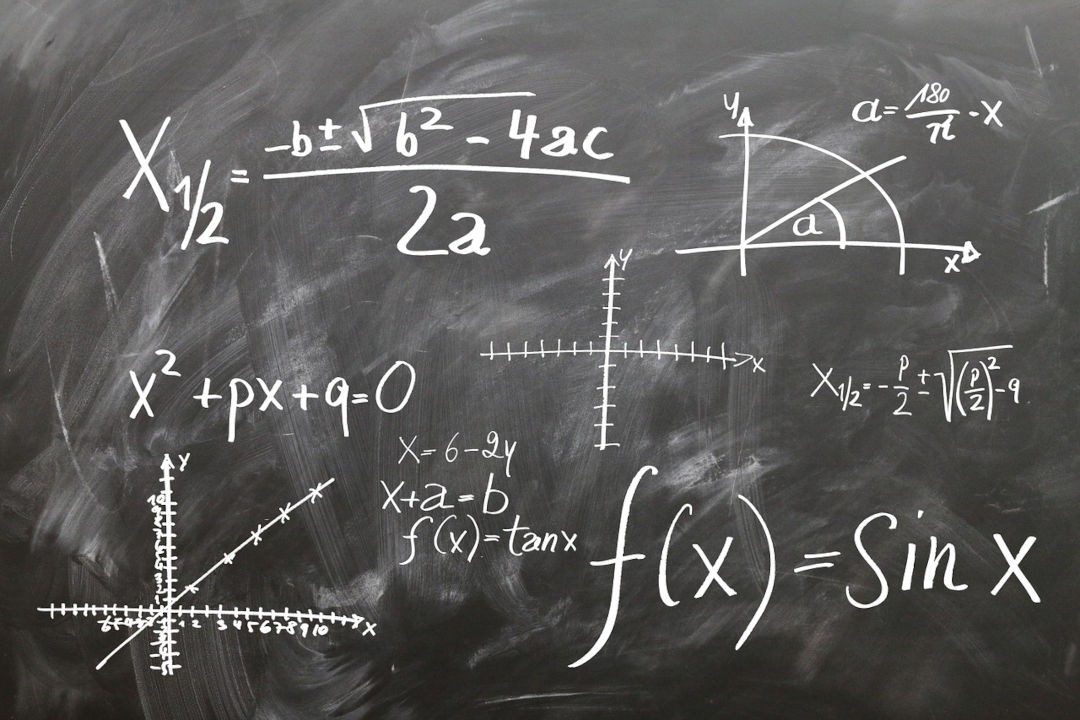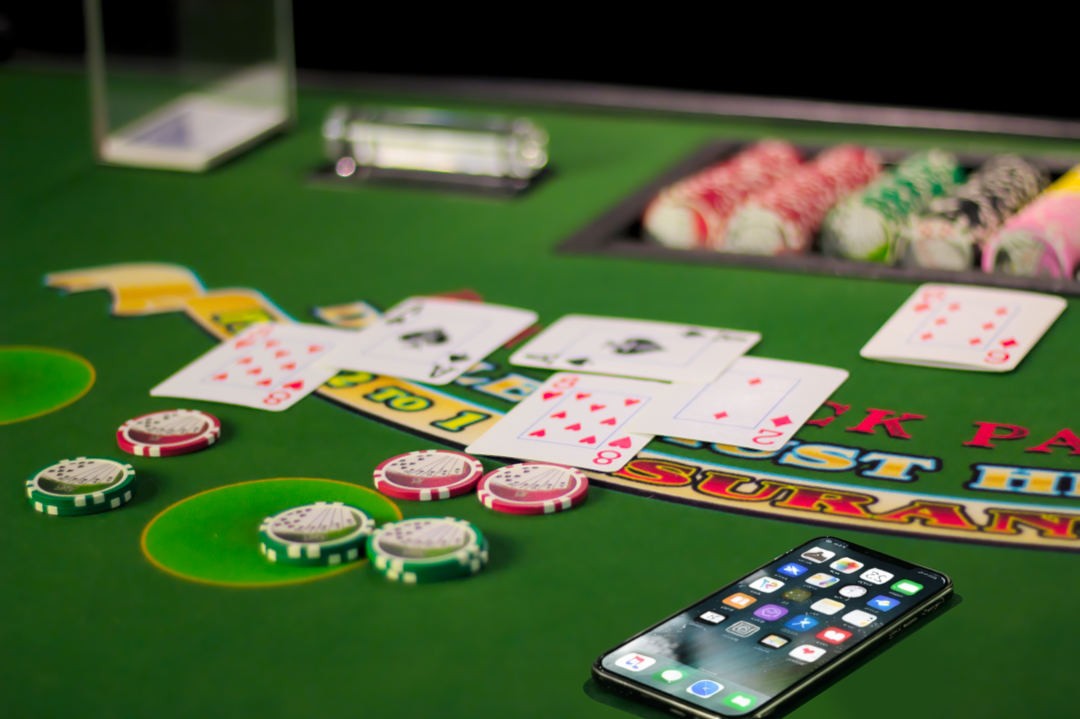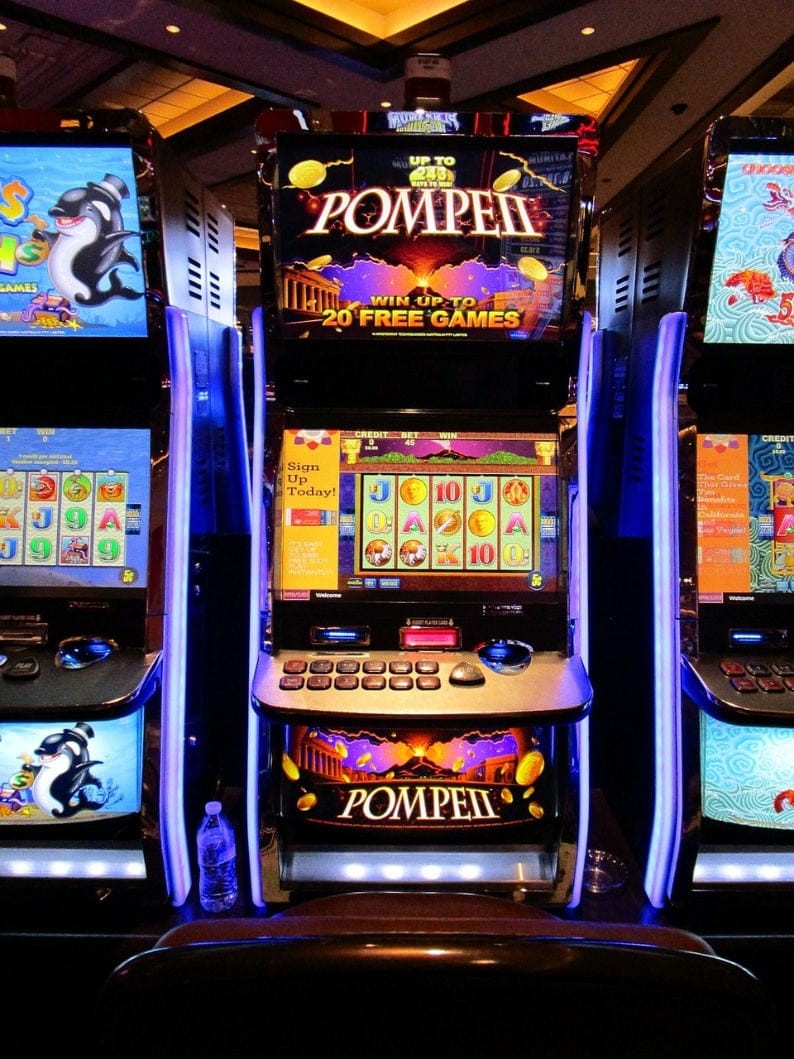
The Hidden Mathematics That Powers Modern Casino Favorites
When most people walk into a casino or log in to an online platform, they see dazzling lights, slick animation, thrilling themes of real money slot machines and the tantalizing possibility of winning big. What is less visible but far more important is the mathematics humming in the background.
Every card dealt, slot reel spin or roulette wheel turned is underpinned by precise probabilities, algorithms and statistical models. Far from being games of pure chance, these modern casino favorites are meticulously designed experiences where maths dictates everything. That is, from payout rates to player psychology.
Let's take a brief peek behind the scenes.
The Core of Casino Games
At its core, every casino game depends on probability. This is the likelihood of an event occurring. Whether you are flipping a coin, spinning a wheel or drawing a card, probability offers the basis for understanding risk and reward. Casinos design games so that probabilities always lean in favour of the house. However, this is done just enough to keep players engaged.
- Roulette: In European roulette, there are 37 numbers (1-36 plus zero). Betting on a single number pays 35:1. Yet, the actual probability of winning is 1/37. This discrepancy is referred to as the house edge.
- Blackjack: The game merges probability with decision-making. The chances of busting after hitting depend on what card values remain in the deck. This is a problem solved with conditional probability.
- Slots: Though reels may display images randomly. However, underlying probability tables determine the odds of landing winning combinations.
Probability isn't just about fairness. It is a tool that casinos use to build suspense and set payouts. They also use it to engineer just enough unpredictability to make games feel winnable.
Expected Value & the House Edge
One of the most crucial concepts in casino mathematics is expected value (EV). This is the average outcome that a player can expect if a bet is repeated many times. Casinos ensure that their games are designed with a negative EV for players. This is what we call the house edge.
For example, in European roulette, betting on a single number in European roulette gives you a 1/37 chance to win 35 units. Likewise, slot machines often have a Return to Player (RTP) percentage. If the RTP is 96%, it means that for every $100 wagered, players on average get $96 back, while the house keeps $4. This elegance depends on how small these percentages seem. However, over thousands of spins, rolls or hands, they generate huge profits.
The Modern Dealer
In online casinos, physical shuffling, dice rolls or wheels are replaced by random number generators (RNGs). These are algorithms designed to produce sequences that mirror true randomness. How do they work?
RNGs use seed numbers and complex mathematical formulas to generate our ones that cannot be predicted or reproduced. Each spin on a slot machine is assigned a number corresponding to reel positions. Even though players see spinning animations, the outcome is determined the instant they click "spin".
RNGs are tested by regulators using statistical tests to ensure that outcomes match the probabilities claimed. In essence, it is the invisible courier. Therefore, ensuring fairness while maintaining the house advantage built into the payout structure.
The Mathematics of Strategy

Few games highlight the combination of chance and decision-making as clearly as blackjack. Unlike roulette or slots, where the player has no control, blackjack allows skill to influence outcomes. However, skill here is grounded in mathematics.
Using probability tables, mathematicians mapped out the best possible decision for every hand from hit to stand, double down or split based on the dealer's card. This reduces the house edge to under 1%. Card counting is another controversial technique, where players track the ratio of high to low cards left in the deck. So, if more high cards remain, the odds swing slightly toward the player. While not illegal, casinos actively discourage or ban card counters.
Even with the correct strategy, short-term swings occur. Yet, over many hands, probabilities trend toward expected values. Blackjack's enduring appeal comes from this delicate balance. Mathematics offers a roadmap, but luck can still overturn expectations in any given hand.
The Geometry of Chance
Roulette may seem like the simplest of games. However, beneath the spinning wheel lies complex probability theory. The house edge depends on whether the wheel is European (single zero) or American (double zero). European roulette house edge equals 2.7%, while American roulette house edge equals 5.26%.
This difference demonstrates how a single extra slot dramatically changes long-term outcomes. Some players employ betting systems like the Martingale (doubling bets after losses) but mathematically, no system can overcome the house edge in the long run. Roulette illustrates an essential principle of casino mathematics. Streaks and patterns appear in the short term, but probability always reasserts itself over time.
Mathematics vs. Human Behavior
Unlike other casino staples, poker is a game of players versus players, not player versus house. The Mathematics bet is less about a house edge and more about probability, game theory and psychology. A player compares the probability of compelling their hand with the ratio of the pot to their required bet. If the odds are in their favor, the call is mathematically correct.
Every move, whether call, fold or raise, can be evaluated by EV calculation. Likewise, mathematics meets psychology in bluffing. Optimal strategies usually depend on game theory, ensuring your betting pattern cannot be easily exploited. Casinos profit through the rake. A small percentage is taken from each pot, rather than a direct house edge.
Mathematics in Responsible Gaming
Interestingly, the same mathematics that ensures casino profits also helps regulators to protect players. Tools like RTP audits, fairness tests and play limits are mathematically modelled to prevent exploitation. Some modern casinos even use data analytics to detect problem gambling behaviors early, applying mathematics to encourage responsible play.
Explore A World Built on Numbers
The thrill of casinos comes from spectacle, anticipation, and chance. However, behind the scenes, it is mathematics that runs the show. Probability defines outcomes, expected value guarantees the house edge, and RNGs power the modern digital experience.
What makes casino mathematics so fascinating is its dual role. Or creates entertainment while securing profitability. For players, understanding these hidden mechanics can demystify the games, turning them from just chance-based pastimes into puzzles of probability and strategy. For casinos, mathematics is the secret ingredient that ensures the lights stay on and the jackpots keep rolling.
Related Article Archives
Related Articles
Is it Legal to Use Your Phone on a Casino Table Game?
Posted Feb 23rd, 2026
Winna Casino Review What Players Should Know Before Signing Up
Posted Feb 17th, 2026
Sweepstakes Casinos: Why Players Are Choosing Social Gaming in 2026
Posted Feb 18th, 2026
Thrill Seekers vs. Strategists: Which Casino Games Match Your Personality
Posted Feb 18th, 2026
No-Wagering Casino Bonuses in Canada: A Clearer Look at Simpler Bonus Terms
Posted Feb 25th, 2026
The Top 5 Slot Games Players Keep Coming Back to in 2026
Posted Feb 20th, 2026
Disclosure: This article contains sponsored content.






